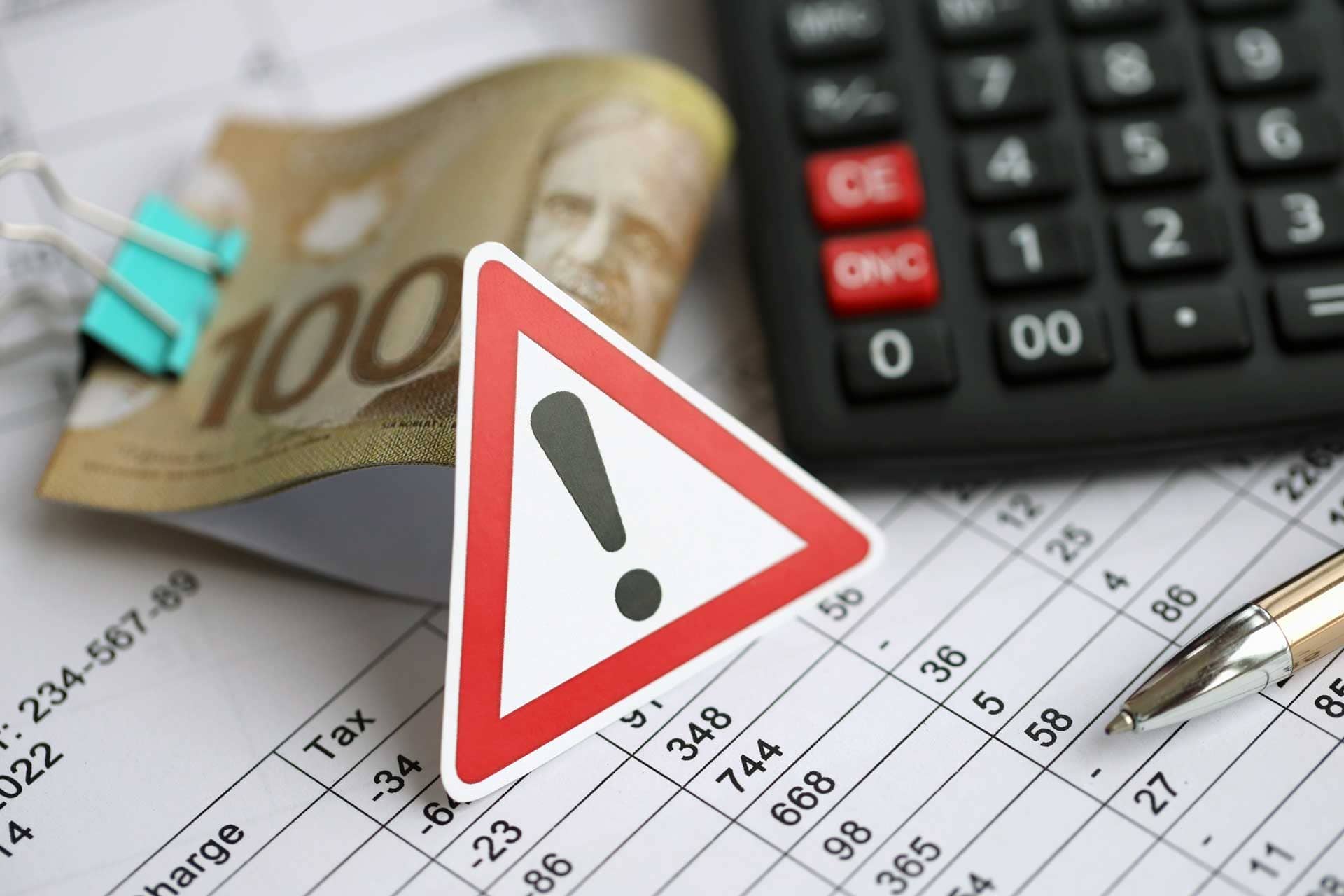The source of our funds
Find out where the Ship Fund gets the money for compensation.
Where the money for the Ship Fund comes from
We all know that the damages from ship and boat oil spills can be costly. Our main mission is to compensate those affected. Unsurprisingly, one of the most frequent questions we receive is, “Where does the money come from?”
The Ship Fund has several sources.
1. Funded by the oil industry
From 1972 to 1976, we collected levies from oil shippers. The levy was directed to the Maritime Pollution Claims Fund (MPCF), our predecessor. In 1976, when the MPCF reached $36 million, the levy was stopped. Since then, there has been no levy, although the Minister of Transport can restart it at any time. In 1989, when the Ship Fund was created, the money from the MPCF was transferred into the Ship Fund.
2. Growing interest
The balance of the Ship Fund has been growing mainly from interest. As of 2023, we have collected about $389 million in interest. This amount continues to grow.
3. Ongoing recovery from the polluter
Once we pay a claim, we take all reasonable steps to recover the costs from the shipowner and any other person responsible. All funds that we recover through settlements and lawsuits go back into the Ship Fund for future claims.
To learn more, see
4. Access to unlimited funds
The balance of the Ship Fund is currently around $427 million, but there is no limit to how much we can compensate eligible claims. If our balance is exhausted, the Minister of Finance can provide additional money from Canada’s Consolidated Revenue Fund.
- This has not yet happened in the Ship Fund’s history. If it were to happen, it is likely that the levy on oil shipments would be reinstated to replenish the Ship Fund.

The polluter pays principle
A shipowner is responsible for oil pollution incidents involving their ships and boats. Fault or negligence does not have to be proven. There are few defences shipowners can use.
The Ship Fund is available to compensate anyone affected, while protecting taxpayers from the costs. This includes situations where:
- the shipowner does not or cannot pay in full
- the shipowner has a defence to liability
- the responsible ship or owner cannot be identified.
If there is an oil spill involving a ship or boat, the money is used to:
- compensate victims for damages and losses
- compensate those involved in responding to, or cleaning up, the incident
- protect taxpayers.
